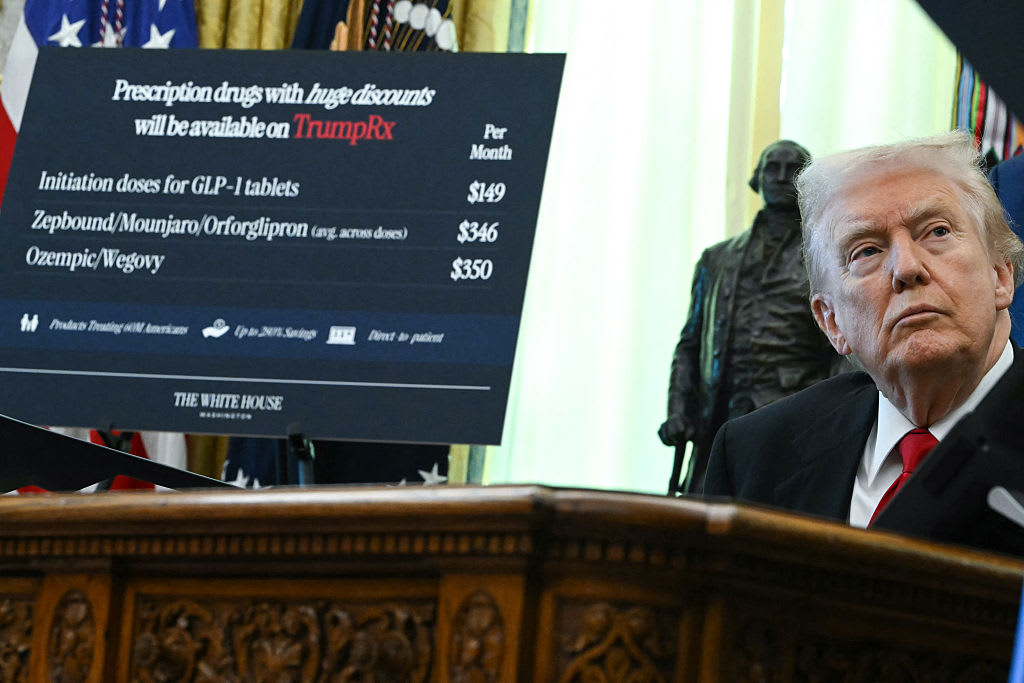Kellogg pulls ads from Breitbart.com, citing company values
BATTLE CREEK, Mich. - Kellogg (K) has announced that it will no longer advertise on Breitbart.com, the website formerly run by one of President-elect Donald Trump’s top aides, Steve Bannon.
The food manufacturer decided to discontinue advertising on the site as soon as it was alerted by consumers to the presence of its ads, Kellogg Co. spokeswoman Kris Charles said Tuesday.
Breitbart has been condemned for featuring racist, sexist and anti-Semitic content.
“We regularly work with our media buying partners to ensure our ads do not appear on sites that aren’t aligned with our values as a company,” Charles said. “This involves reviewing websites where ads could potentially be placed using filtering technology to assess site content. As you can imagine, there is a very large volume of websites, so occasionally something is inadvertently missed.”
Breitbart has become the target of a social media effort to call out companies and organizations that advertise on it.
Pharmaceutical maker Novo Nordisk, online glasses retailer Warby Parker and the San Diego Zoo are among those that have publicly stated on Twitter that they will no longer advertise on the site.
A Breitbart spokeswoman didn’t immediately return a request for comment.
Bannon ran Breitbart before becoming the top strategist on Trump’s campaign last summer. Trump has since named Bannon his senior adviser in the White House.
Since the presidential election, consumers have taken to social media to criticize companies perceived as either supporting or opposing the president-elect. The #GrabYourWallet boycott asks anti-Trump voters to snub products sold by the president-elect’s businesses or those of his daughter, Ivanka Trump.
Trump supporters are staging their own boycotts, as well as backing organizations viewed as friendly to their political outlook. Those boycott targets include Amazon.com, whose owner, Jeff Bezos, who has been critical of Trump, and Oreos, which Trump rebuked during the campaign for moving some of its production capacity to Mexico.
In some cases, fake news reports have falsely ascribed comments to corporate CEOs, causing consumers to pile on condemnation and vow to stop buying their products, as in the case of PepsiCo,



